Freezing life
niagara_jim
18 years ago
Related Stories
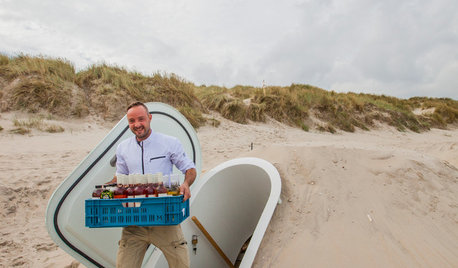
GREEN BUILDINGThe Big Freeze: Inventors Break New Ground to Keep Things Cool
Old-fashioned fridges can be energy guzzlers, but there are more eco-friendly ways of keeping food fresh, as these global innovations show
Full Story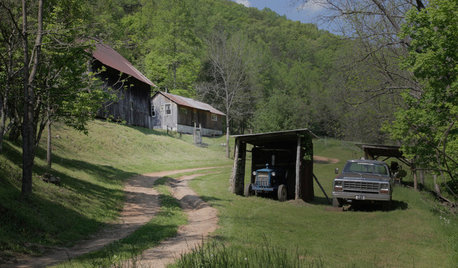
TASTEMAKERSNew Series to Give a Glimpse of Life ‘Unplugged’
See what happens when city dwellers relocate to off-the-grid homes in a new show premiering July 29. Tell us: Could you pack up urban life?
Full Story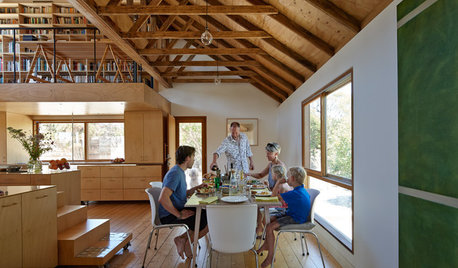
LIFE11 Tiny Tricks That Make Life a Tad Better
Make these small tweaks to your home and daily routine, and life will be easier, less rushed and maybe healthier too
Full Story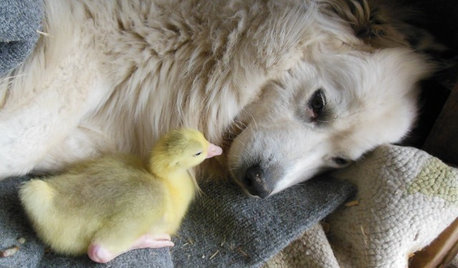
HOUZZ TV FAVORITESHouzz TV: Life, Love and Purpose Down on the Farm
A Missouri native proves that you can go home again — and discover something entirely unexpected
Full Story
GARDENING FOR BIRDSWild Birds Transform a Woman’s Garden and Life
How Sharon Sorenson created a wildlife haven and became the Bird Lady of Southern Indiana
Full Story
LANDSCAPE DESIGNHow to Design Garden Paths That Bring a Landscape to Life
We guide you through material and placement choices that will take your pathways from ordinary to extraordinary
Full Story
WINTER GARDENING7 Container Plantings to Bring Winter Gardens to Life
Adding instant color but with long-lasting practicality, these plant groupings are bright spots in a slumbering wintertime garden
Full Story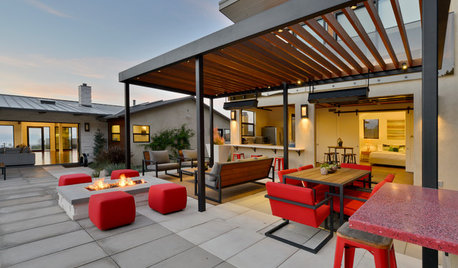
PATIOSGet the Details That Brought These 15 Patios to Life
From a custom mural to a solid concrete slab built to look like tiles, these outdoor rooms don’t overlook the details or comfort
Full Story
DECORATING GUIDES9 Life Lessons From Nordic Style
As Houzz launches in Denmark and Sweden, we provide you with a step-by-step guide to enjoying a real Scandinavian lifestyle in your home
Full Story
PLANTING IDEASPlanting Ideas: Life in the Crevices
Discover the beautiful planting opportunities hidden in rock walls, paver spaces and other garden gaps
Full Story






Linda_Lou
gran2
Related Professionals
Wrentham Landscape Architects & Landscape Designers · Medford Landscape Contractors · Springfield Landscape Contractors · Bellefontaine Neighbors Landscape Contractors · Deer Park Landscape Contractors · El Reno Landscape Contractors · Oak Forest Landscape Contractors · Overland Park Landscape Contractors · Vermilion Landscape Contractors · Wentzville Landscape Contractors · Orlando Roofing & Gutters · Reno Roofing & Gutters · New Orleans Roofing & Gutters · Wilton Manors Roofing & Gutters · Lakewood Driveway Installation & Maintenancerappstar
malonanddonna
ksrogers
Linda_Lou